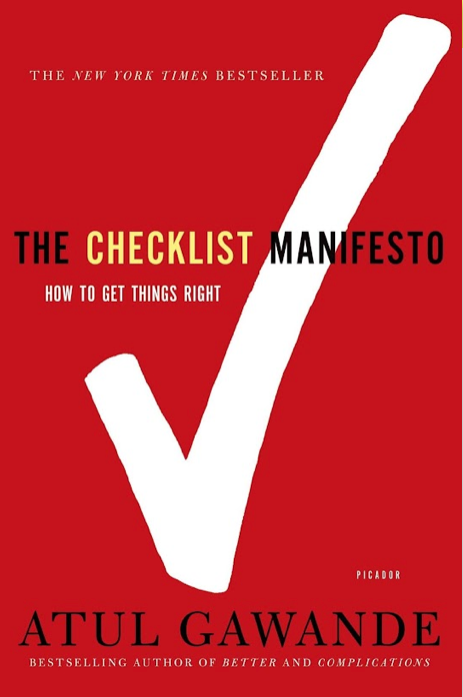The Power of Checklists: Insights from “The Checklist Manifesto”

In the world of business, where complexity is a given and stakes are high, the need for reliable, efficient systems is paramount. One tool that has proven its worth across various industries is the humble checklist. In his book, “The Checklist Manifesto: How to Get Things Right”, Dr. Atul Gawande explores the power and potential of checklists in preventing errors, improving communication, and increasing efficiency.
The Science of Checklists
Gawande’s exploration of checklists is not limited to theory. He delves into their practical application in fields as diverse as medicine, aviation, and construction. His research and personal experiences reveal that checklists are not merely how-to guides. They are simple tools that help professionals make the most of their skills without spreading themselves too thin.
One of the key insights from the book is that checklists help prevent common mistakes with serious consequences. They are designed to be short, clear, and focused on the essentials. As Gawande puts it, “Good checklists are, above all, practical”.
The Resistance to Checklists
Despite their proven effectiveness, checklists often face resistance. Gawande suggests that this resistance is not just due to laziness or the perceived painstaking nature of checklists. There’s a deeper, more visceral reaction at play.
“We don’t like checklists. They can be painstaking. They’re not much fun. But I don’t think the issue here is mere laziness. There’s something deeper, more visceral going on when people walk away not only from saving lives but from making money. It somehow feels beneath us to use a checklist, an embarrassment. It runs counter to deeply held beliefs about how the truly great among us—those we aspire to be—handle situations of high stakes and complexity. The truly great are daring. They improvise. They do not have protocols and checklists. Maybe our idea of heroism needs updating”.
The Business Case for Checklists
In the business world, where the volume and complexity of knowledge often exceed our individual ability to deliver its benefits correctly, safely, or reliably, checklists can serve as a powerful tool. They can help teams avoid oversights, maintain standards, and ensure that no critical steps are missed.
Moreover, checklists democratize the process of problem-solving and decision-making. They give power to those who usually don’t have it. This can foster a culture of inclusivity and collaboration, which is crucial for businesses in today’s competitive landscape.
Conclusion
“The Checklist Manifesto” offers compelling evidence of the power of checklists. It challenges our traditional notions of expertise and control, and presents a simple yet effective tool for managing complexity. As businesses continue to navigate an increasingly complex world, the lessons from Gawande’s book are more relevant than ever. As he aptly puts it, “Man is fallible, but maybe men are less so”.


Advertisement